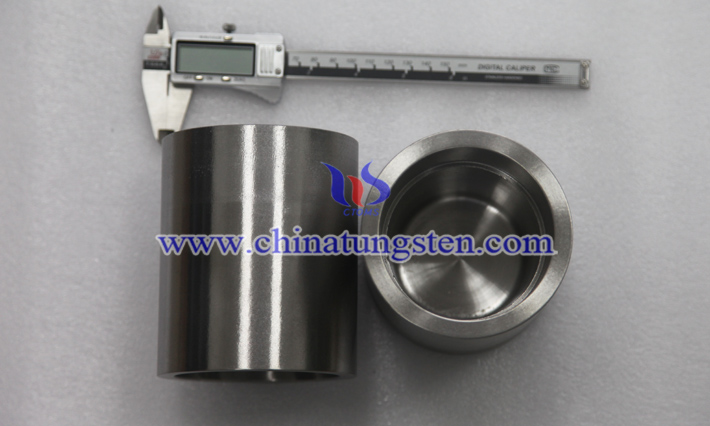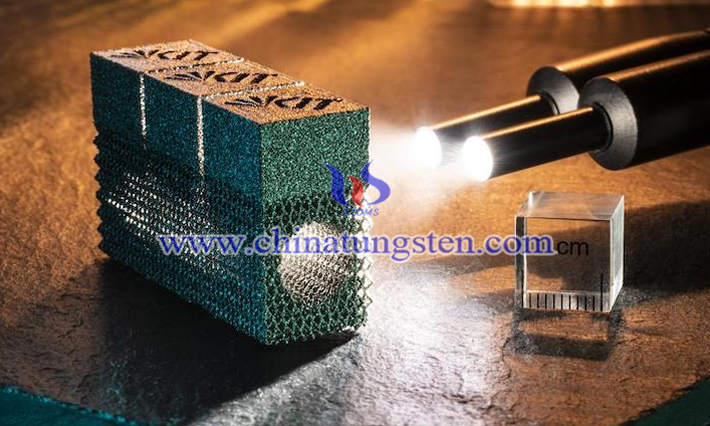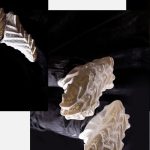Differences of tungsten Crucible Made by Sintering and 3D Printing
- Details
- Category: Tungsten’s News
- Published on Thursday, 07 October 2021 18:34
To be used for rare earth metal smelting, induction furnace heating element, quartz glass smelting, sapphire crystal growing furnace, ect., the material should be extremely refractory, such as clay, graphite, tungsten, molybdenum, china clay, or quartz or hard-to-melt metallic iron because the usual working temperature is above 2000℃.
Tungsten metal is the most popular one among them given that its smelting point is high to 3610℃. Especially for sapphire crystal growing furnace, the crucibles made from tungsten metal plays a key role in success rate of seed crystals and the quality of pulling crystals during the growth of sapphire crystals.

How is a tungsten crucible produced? Generally speaking, it can be divided into spinning, stamping, forging and sintering according to different manufacturing processes. For most types of crucibles, they are formed by sintering.
For sintering crucibles, they have very high purity, high density, precise size and smooth surface, which are deeply loved by many users. They are usually manufactured by the isostatic pressure. The isostatic pressure-sintering mainly includes a batch of raw materials, powder loading, isostatic pressure pressing, high-temperature sintering, machining, finished product inspection, and other procedures.
However, there is a new producing method for this product and the method is getting more and more popular among the world – 3D printing. 3D printing in tungsten or molybdenum can deals with many problems that sintering can not resolve now, for example, if you need a part very urgently, how can you get it within a few days? with a 3D metal print machine, you can get it in three to seven days.

Meanwhile, it can also offer the ability to manufacture complex parts without the need for tooling. Tungsten crucible can be produced more cost effectively and faster by using it. Parts made by this method can be highly detailed and thin. Details as small as 100 μm with a positional accuracy down to 25 μm can be achieved.
It also has its drawback – cost highly. With the development of technology, the cost is reduced greatly compared to before. For small and complex parts, it is worth trying. Kindly contact Chinatungsten Online if you have any inquiry.
- Next >
Link to this article:Differences of Tungsten Crucible Made by Sintering and 3D Printing
Reprint Statement: If there are no special instructions, all articles on this site are original. Please indicate the source for reprinting:Tungusten,Thanks!^^

